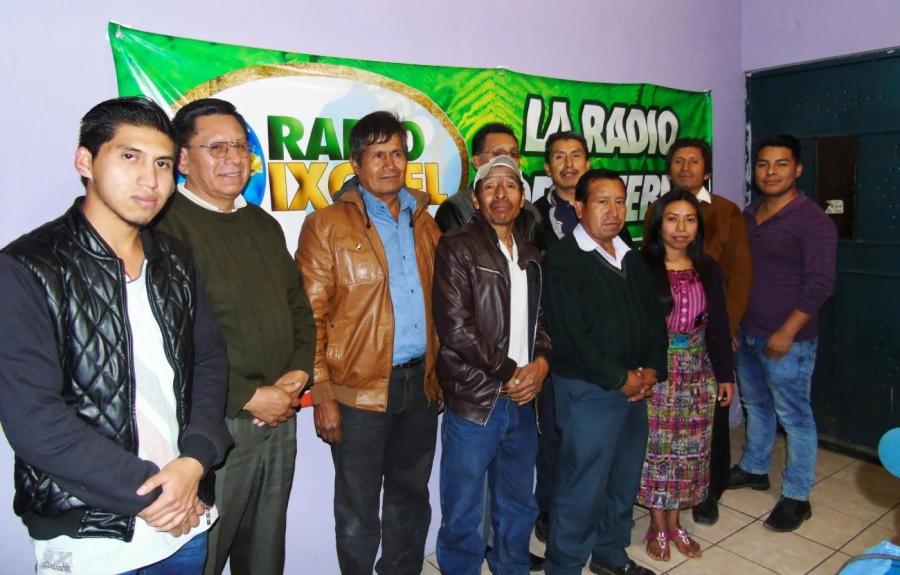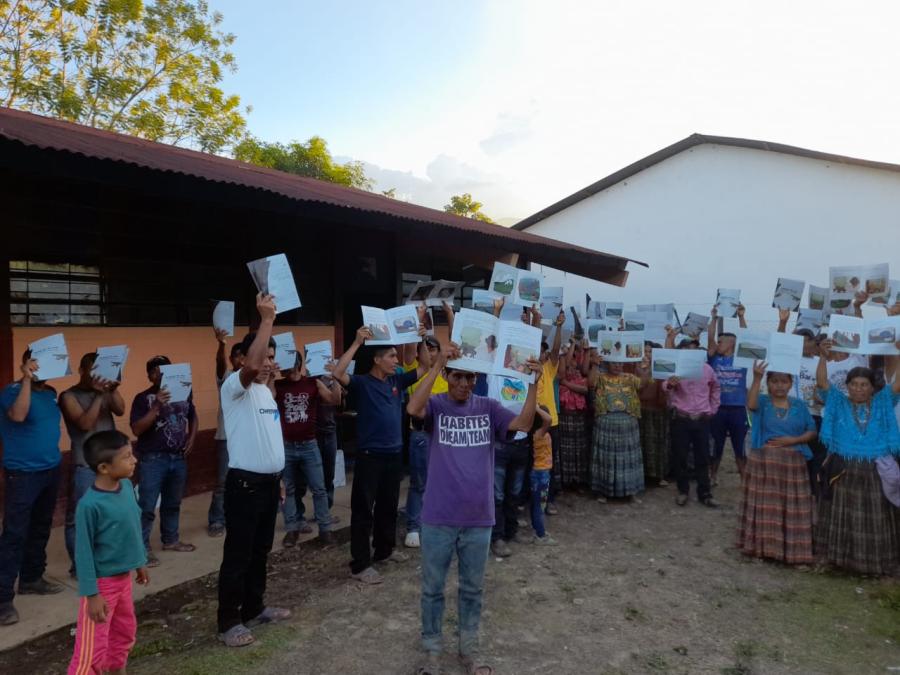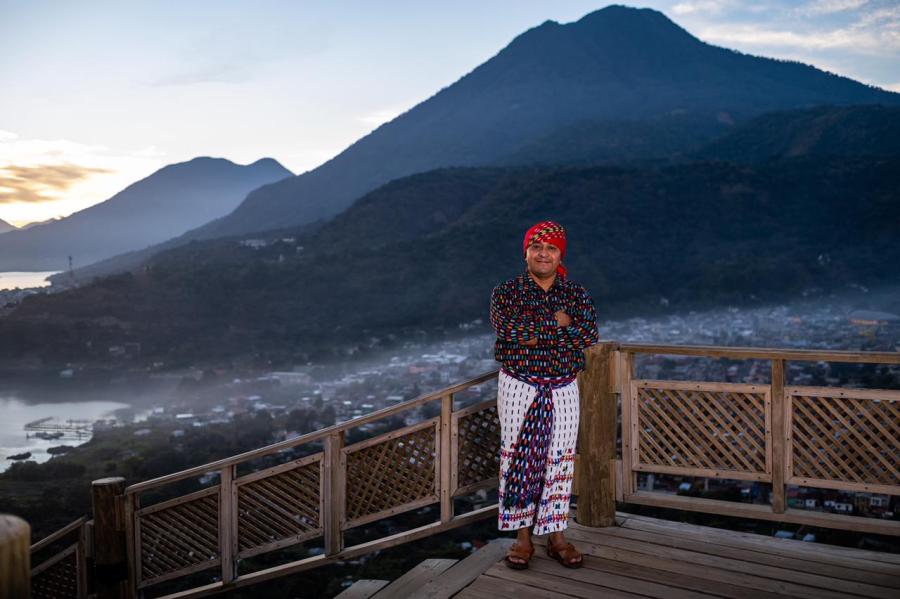By Tracy L. Barnett
SAN MIGUEL IXTAHUACAN – Friday, June 24, was a day of celebration in this small mountain town in Guatemala’s Western Highlands. President Alvaro Colom had just sent a shock wave through the country whose reverberations were felt in faraway Toronto: the Marlin Mine, owned by Canada-based transnational Goldcorp, was ordered to suspend operations. The celebration, however, was short-lived.
The announcement came after five years of struggle by mining opponents in the mostly Mayan communities of San Miguel Ixtahuacan and neighboring Sipacapa, with resistance leaders jailed and residents reporting a variety of human rights and environmental violations. International pressure had reached a crescendo the previous Friday with a report by James Anaya, UN Special Rapporteur on the Situation of Human Rights and Fundamental Freedoms of Indigenous People.
Anaya had spent the week of June 14 traveling through the country on a fact-finding expedition, meeting with indigenous groups, government officials, and the mining company itself. International pressure on the government and on Goldcorp had been building throughout the year, with calls from the Inter-American Commission on Human Rights, the International Labor Organization, the Catholic Church and numerous other organizations, to suspend operations and conduct a thorough investigation of the situation.
Spirits were high as Anaya was met by thousands of Indigenous activists in San Juan Sacatepequez, San Miguel, and Huehuetenango, all of them calling for an end to transnational exploitation of their lands and recognition of their right to consultation in the use of their lands. His press conference on the Friday of his visit, while preliminary, was unequivocal in its criticism of the government’s lack of action, calling for immediate suspension of mining operations pending further investigation and a clear process for consultation of Indigenous Peoples regarding the use of their land.
But the government’s capitulation the following week came as a surprise, since its position had been steadfastly in favor of the mining company. Indeed, shortly after his initial announcement, Colom clarified that the closure procedure would take months, a statement that raised suspicions from mining opponents that the government was merely giving Goldcorp officials time to arm a legal response.
For the legal team of the Social Pastoral of the San Marcos Diocese, which has been among the leaders in the resistance, the government’s delay is worrisome, particularly in light of the “precautionary measures” (a call to stop) issued by the Inter-American Commission on Human Rights.
“The government is attempting to minimize the importance of these precautionary measures by arguing for delays for administrative procedures, but the nature of these measures is urgent – they need to be implemented immediately,” said Udiel Miranda, an attorney with the legal team. “Our concern is that during this lapse of time, the communities of San Miguel Ixtahuacan and Sipacapa will become polarized, and also at the national level there is the imminent risk of polarization of the population with respect to the suspension of mining operations.”
Maritza Ruiz, spokeswoman for Montana Exploradora, Goldcorp’s Guatemala branch, did not return calls for comment.
Tracy L. Barnett is an independent writer traveling through Latin America, reporting on environmental issues. Her four-part series on the mining issue and James Anaya’s visit to Guatemala can be read at www.TheEsperanzaProject.org/category/mining.



